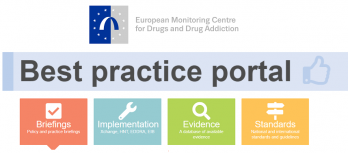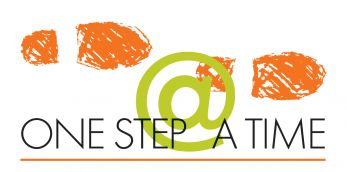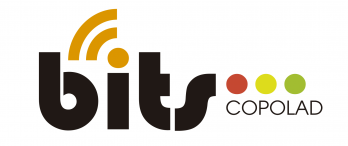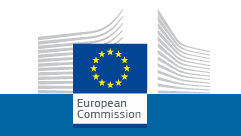Virtual training on drug demand reduction capacity-builing has started
ReturnPublished on 05/06/17

The objective of this international edition of three on-line courses is to strengthen the competencies of professionals in Latin America and the Caribbean in tackling the problem of drug use through the provision of on-line training courses focused on meeting the needs of the region.
-
Consumption of Alcohol and Other Drugs: Evidence-Based Prevention (revised edition)
-
Integral and Integrated System of Social and Health Care in Drug Dependence from Primary Care (revised edition)
-
The Public Health Approach to Drug Policy (1st edition, new course)
This international edition is aimed at professionals from the public sector of the CELAC countries who are working in the field of addictions from national, provincial and / or local planning levels (regional health directors, health establishment managers, policy makers in public health, manager of health care networks, among others). In January 2018, an edition in English and Portuguese is planned for the three courses, addressed to non-Spanish-speaking CELAC countries.
The selection process of the candidates - already closed for the three courses - has been carried out through the National Drug Agencies of the Latin American countries and has enabled, in an effective way, to identify the appropriate professionals to receive the courses. In this way, the profile of the candidates is of responsible professionals in service management, in decision making and in drug policies. Each of the courses has 60 students enrolled, receiving training a total of 180 professionals from Latin America.
This international edition starts with the launch of the COPOLAD updated virtual platform in content and structure, being an easy-to-use didactic space that enhances the learning process. In addition, in this same edition, the new course "The Public Health Approach to Drug Policy" is being taught for the first time.
International Edition for Latin America
|
COURSE 1: The use of alcohol and other drugs: Evidence-Based Prevention |
|
|
Description: |
This course is focused on training in the development of evidence-based alcohol and drug prevention strategies to (i) increase the effectiveness of preventive interventions, (ii) teach key theoretical and practical concepts for the exercise of their technical role in the prevention of consumption, and (iii) how to proceed with the design, implementation and evaluation of effective and quality preventive interventions. |
|
Nr subjects: |
12 |
|
Addressed to: |
Professionals from the public sector with technical responsibilities in decision-making in the field of drug prevention policies and programs, at the national, regional or local level. |
|
Length: |
6 months |
|
Students: |
Maximum 60 students (3 professionals per country) |
|
Starts: Finishes: |
June 2017 December 2017 |
|
COURSE 2: Comprehensive and Integrated Social and Health Care System in Drug Dependence at the Primary Care level |
|
|
Description: |
This course aims to strengthen the dissemination and implementation of the public health approach and respect for human rights, in addressing the problems related to the consumption of alcohol and other psychoactive substances, highlighting the importance of primary care in reducing the impact of these problems in the population. |
|
Nr of subjects: |
11 |
|
Addressed to: |
Professionals of the public sector with responsibilities in planning, decision making and management of the socio-health services of primary care that include among their responsibilities the care for people with problems related to drug use. |
|
Length: |
6 months |
|
Students: |
Maximum 60 students (3 professionals per country) |
|
Starts: Finishes: |
June 2017 December 2017 |
|
CURSO 3: El Enfoque de Salud Pública en las Políticas sobre Drogas |
|
|
Description: |
This course focuses on strengthening the competencies of the National Agencies responsible for drug policies to facilitate the adoption of the Public Health approach. Policies whose formulation takes into account criteria of evidence and efficiency, timely technical evaluation, criteria of equity, respect for the health and human rights, community participation and a gender vision. |
|
Nr of subjects: |
13 |
|
Addressed to: |
Professionals from the public sector responsible for the National Drug Agencies, drug policy planners and responsible for the elaboration of these Drug Policies. |
|
Length: |
6 months |
|
Students: |
Maximum 60 students (3 professionals per country) |
|
Starts: Finishes: |
June 2017 December 2017 |
The pedagogical tutors will be supporting the learning of the participants, from June until December 2017, with ECB-COPOLAD being responsible for maintaining the quality standards.
The European Commission is preparing a third phase of this programme, therefore COPOLAD will be back at the beginning of 2021.









